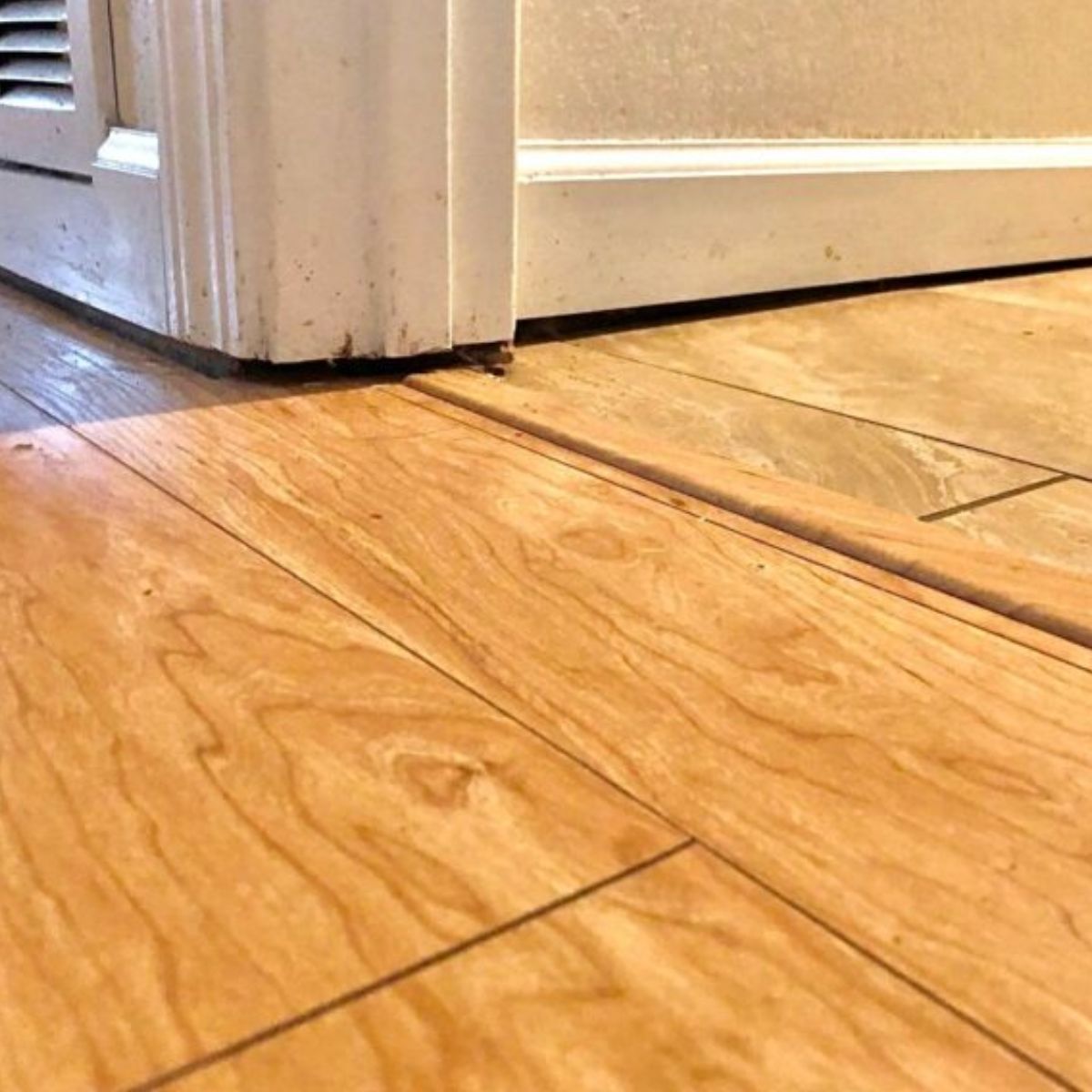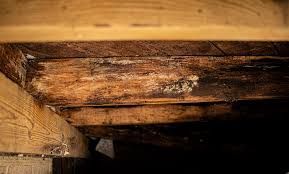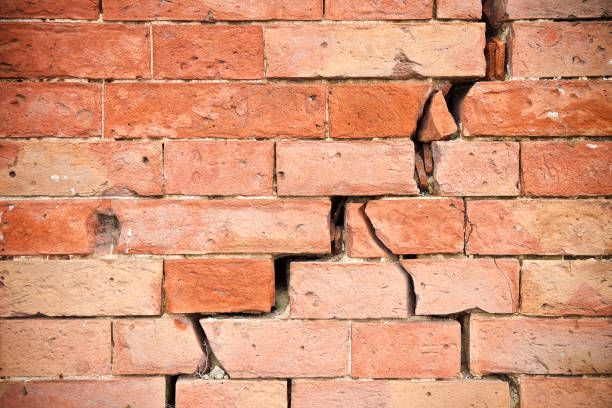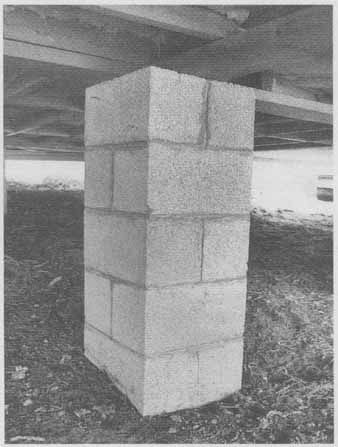STRUCTURAL ISSUES
Understanding Floor Damage, Wood Decay, and Support Failures
Introduction
Structural issues in a crawl space usually start long before a homeowner sees cracking drywall, bouncy floors, or doors sticking. Excess moisture, settling soils, inadequate supports, and decades-old construction practices all contribute to weakened framing members and shifting foundations. When the structure begins to fail, the symptoms inside the home get worse every year until repairs become unavoidable. The goal of this section is to clearly explain the causes, symptoms, and solutions so homeowners understand what is actually failing and why.
The Guides
Floor Sagging & Bouncy Floors
Explains why floors dip or bounce, what components are failing, and how joist sisters and supports correct the problem.
Rotten Joists, Sills & Beams
Covers how moisture, termites, and age destroy wood members, how to identify decay, and the repair methods that restore structural integrity.
Foundation Settlement & Cracks
Breaks down why foundations sink or shift, the difference between cosmetic and structural cracks, and when reinforcement or piers are required.
Pier, Post & Girder Failures
Explains why old piers tilt or sink, how improper spacing causes sagging, and the modern solutions to permanently stabilize the support system.
Frequently Asked Questions
What causes floors to sag in a crawl space home?
Moisture damage, sinking piers, undersized framing, or soil settlement weaken the floor system and cause dips and soft spots.
Why do my floors feel bouncy or uneven?
The joists are either over-spanned, weakened, or no longer properly supported, causing noticeable flex when you walk.
How do I know if a foundation crack is serious?
Hairline cracks are usually cosmetic; widening cracks, horizontal cracks, or any crack with displacement point to structural stress.
Can moisture really cause structural damage?
Yes. Long-term humidity or water intrusion rots joists, beams, and sills, leading to sagging floors and failing supports.
Can structural issues be repaired without replacing everything?
Most of the time, yes. Reinforcing joists, replacing damaged sections, and installing new steel or treated supports usually solves it.
Should I fix sagging floors now or wait?
Waiting always makes the problem worse and more expensive; structural issues never stop progressing on their own.
If you’re dealing with crawl space issues, we can help. We diagnose the real cause and give homeowners honest, building-science–based recommendations — never gimmicks or upsells.







